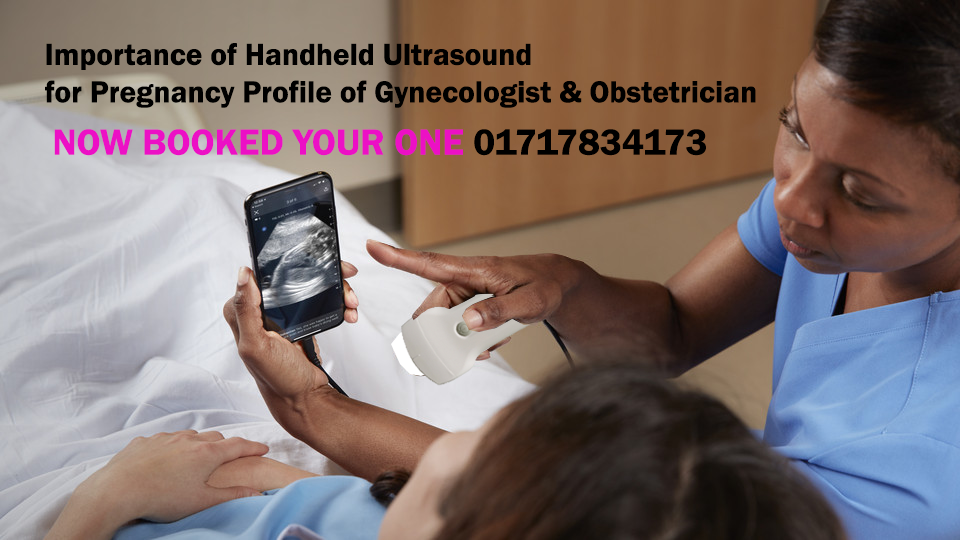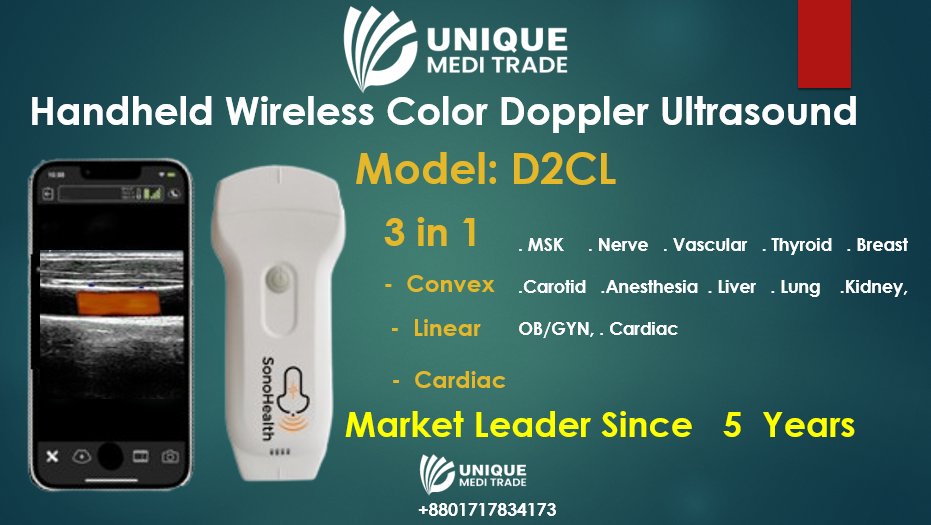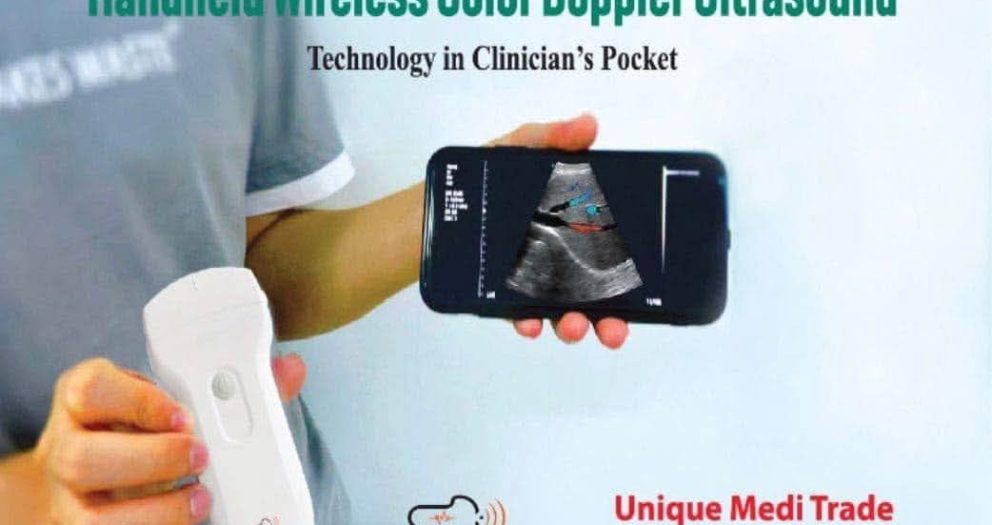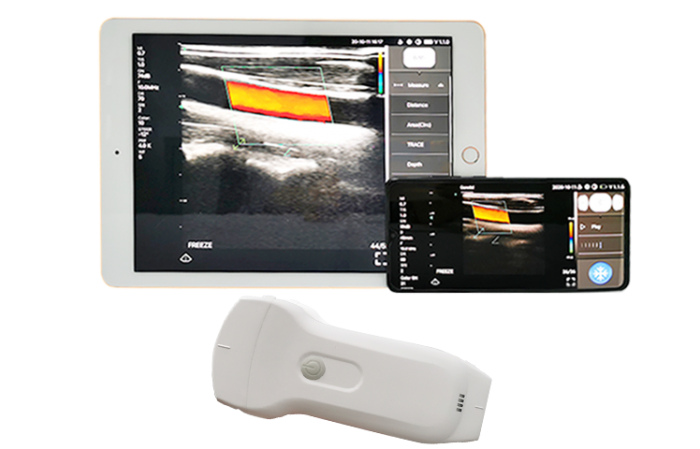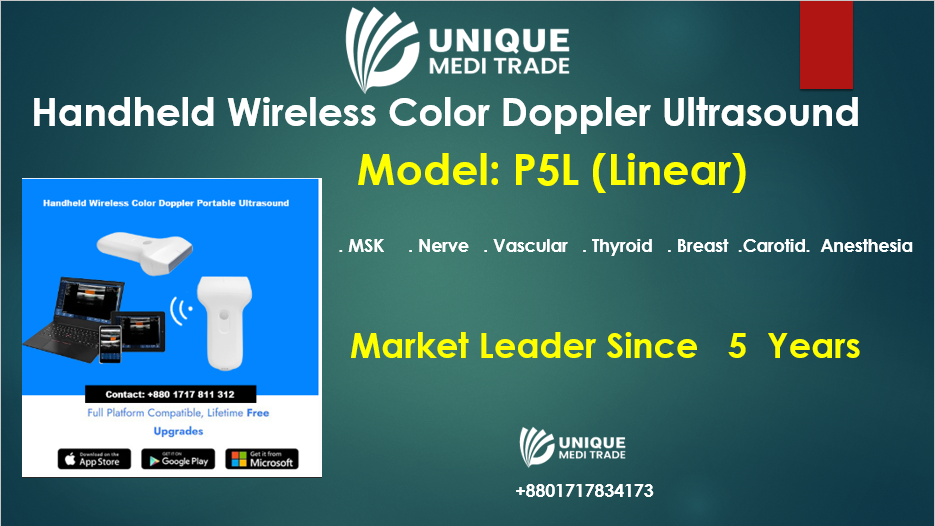Handheld ultrasound is an essential technology for gynecologists and obstetricians for assessing the health and development of a fetus during pregnancy. Here are 10 key points highlighting the importance of handheld ultrasound for the pregnancy profile of gynecologists and obstetricians:
- Handheld ultrasound devices allow gynecologists and obstetricians to assess fetal development, monitor fetal health, and diagnose any potential issues throughout pregnancy, leading to better prenatal care and improved patient outcomes.
- Ultrasound is a non-invasive imaging technique that provides high-resolution images of the fetus, allowing gynecologists and obstetricians to diagnose a wide range of conditions and abnormalities, including growth restrictions, abnormalities in fetal anatomy, and placental issues.
- Handheld ultrasound devices are portable and can be used in a variety of settings, including hospitals, clinics, and remote areas, allowing for greater access to care for pregnant women.
- Handheld ultrasound devices are cost-effective and require less maintenance than traditional ultrasound machines, making them a valuable tool for healthcare providers in resource-limited settings.
- Ultrasound-guided procedures, such as amniocentesis and chorionic villus sampling, are essential for diagnosing fetal abnormalities and genetic disorders, and handheld ultrasound devices allow for accurate and safe guidance during these procedures.
- Handheld ultrasound devices can be used to assess fetal growth and estimate fetal weight, which is important for managing pregnancy complications such as gestational diabetes, pre-eclampsia, and fetal macrosomia.
- Ultrasound can be used to detect and monitor conditions such as placenta previa, placental abruption, and multiple pregnancies, allowing for early intervention and management of these conditions.
- Handheld ultrasound devices can be used to assess the cervical length of pregnant women, which is important for predicting the risk of preterm labor and informing management decisions.
- The use of handheld ultrasound devices in pregnancy is safe and does not pose any significant risks to the mother or fetus, making it a valuable tool for healthcare providers in ensuring the safety of their patients.
- Training in the use of handheld ultrasound devices is essential for gynecologists and obstetricians who wish to provide the highest level of care to their patients, and continuing education and proficiency in the technique are important for improving patient outcomes.
Talk to an expert @ 01717834173
Visit: www.uniquemeditrade.com

